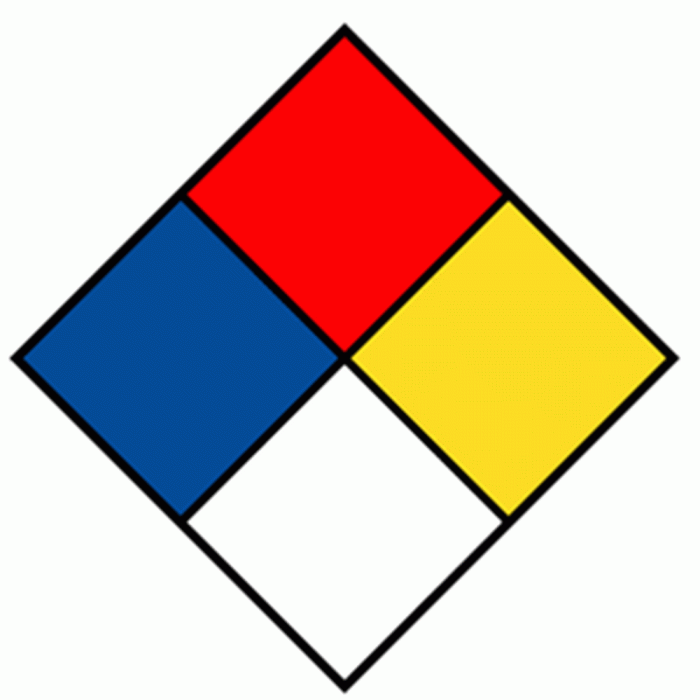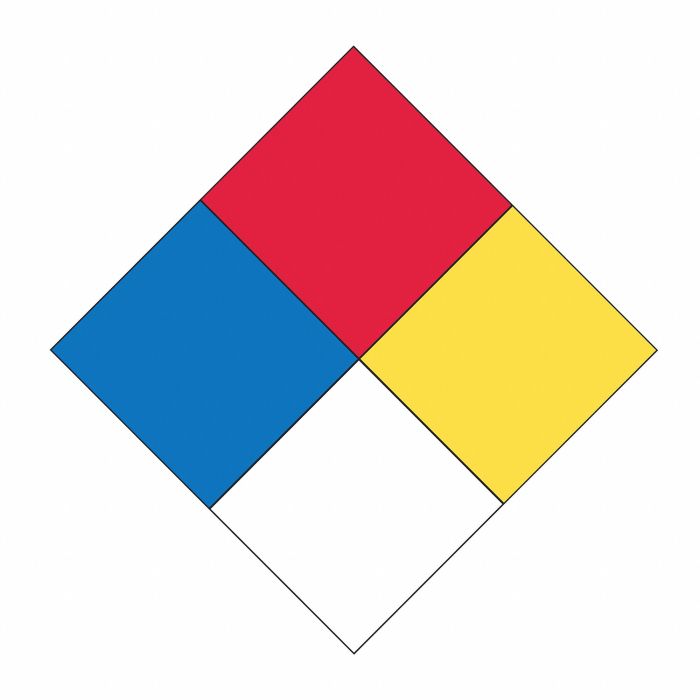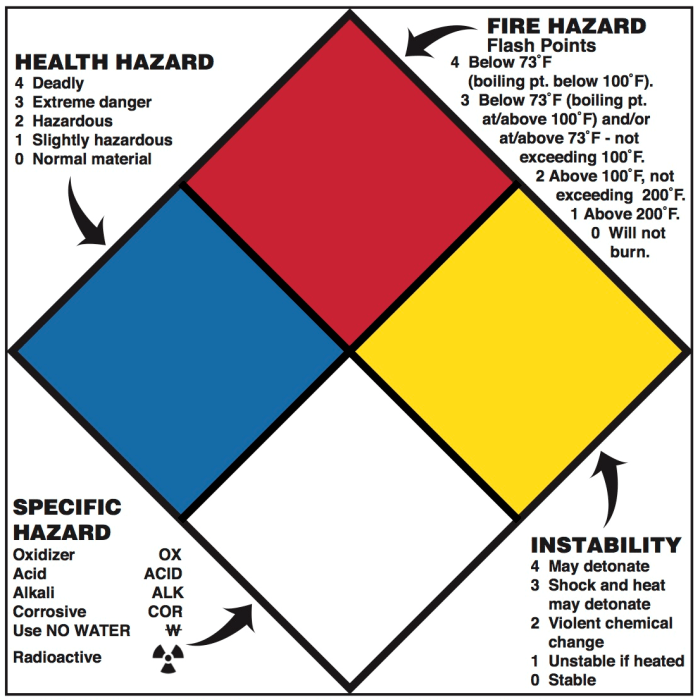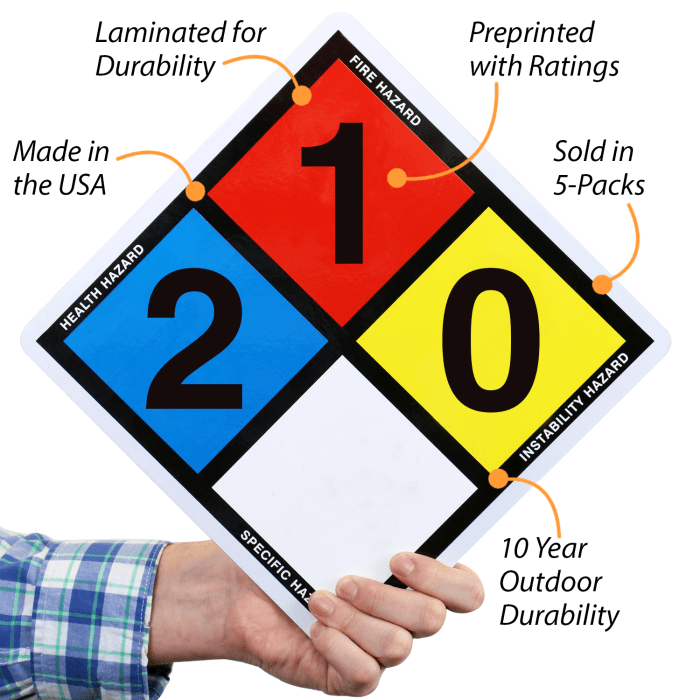Which national organization writes codes and standards for fire protection? The answer lies within the esteemed halls of the National Fire Protection Association (NFPA), a beacon of fire safety and a guiding force in the prevention of fire-related tragedies.
Established in 1896, NFPA has played a pivotal role in shaping the landscape of fire protection practices, both domestically and internationally. Its comprehensive suite of codes and standards has become the cornerstone of fire safety regulations, ensuring the well-being of communities and the preservation of property.
National Fire Protection Association (NFPA)

The National Fire Protection Association (NFPA) is a non-profit organization dedicated to developing and maintaining fire protection codes and standards. Founded in 1896, NFPA has played a pivotal role in improving fire safety in the United States and around the world.
NFPA Code Development Process
NFPA codes and standards are developed through a rigorous process that involves technical committees and public input. Technical committees are composed of experts from various fields, including fire safety professionals, engineers, architects, and code officials. These committees review existing codes and standards, conduct research, and develop new or revised documents.
Types of NFPA Codes and Standards
- Building Codes:These codes specify requirements for the construction and maintenance of buildings, including fire resistance, means of egress, and fire protection systems.
- Electrical Codes:These codes address the installation, maintenance, and use of electrical equipment and systems to prevent electrical fires.
- Fire Prevention Codes:These codes provide guidelines for fire prevention measures, such as storage of flammable materials, fire alarm systems, and fire drills.
- Emergency Preparedness Codes:These codes establish requirements for emergency preparedness plans, evacuation procedures, and training for building occupants.
Applications of NFPA Codes and Standards
NFPA codes and standards are widely used in various industries and sectors, including:
- Construction:Building codes are essential for ensuring the fire safety of buildings.
- Electrical:Electrical codes help prevent electrical fires and ensure the safe operation of electrical systems.
- Fire Safety:Fire prevention codes provide guidelines for fire prevention measures, such as storage of flammable materials and fire drills.
- Emergency Preparedness:Emergency preparedness codes establish requirements for emergency preparedness plans and training for building occupants.
Enforcement and Adoption of NFPA Codes and Standards
NFPA codes and standards are enforced and adopted by different jurisdictions, including states, municipalities, and fire protection districts. The adoption process typically involves review and approval by local authorities. While NFPA codes and standards are not mandatory, they are often used as the basis for local fire codes and regulations.
International Impact of NFPA Codes and Standards, Which national organization writes codes and standards for fire protection
NFPA codes and standards have a significant impact on fire protection practices worldwide. They have been adopted or adapted in many countries, contributing to the improvement of fire safety globally. The NFPA also works with international organizations to develop global fire safety standards.
General Inquiries: Which National Organization Writes Codes And Standards For Fire Protection
What is the primary role of the NFPA?
The NFPA is responsible for developing, publishing, and disseminating codes and standards for fire prevention and fire protection.
How are NFPA codes and standards developed?
NFPA codes and standards are developed through a consensus-based process involving technical committees, public input, and review.
What is the scope of NFPA codes and standards?
NFPA codes and standards cover a wide range of topics, including fire prevention, fire protection systems, electrical safety, and hazardous materials.
How are NFPA codes and standards enforced?
NFPA codes and standards are typically enforced by local authorities, such as fire departments and building inspectors.
What is the international impact of NFPA codes and standards?
NFPA codes and standards have been adopted in many countries around the world, contributing to the improvement of fire safety practices globally.


